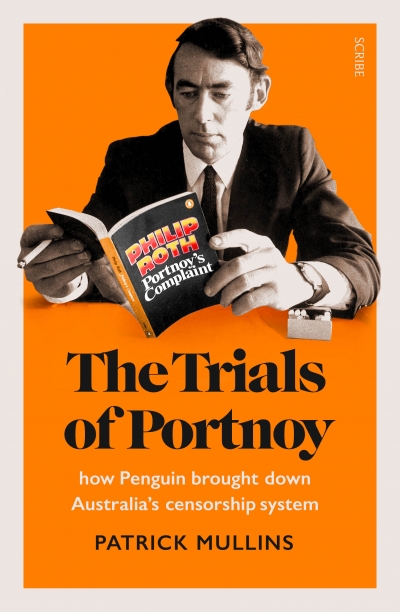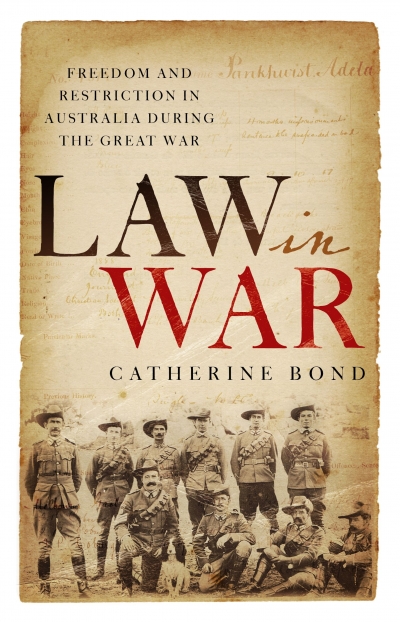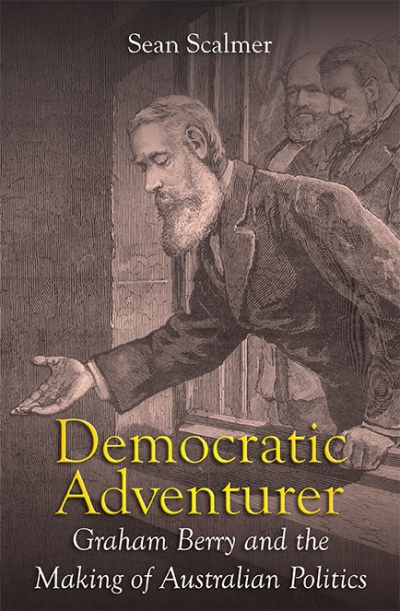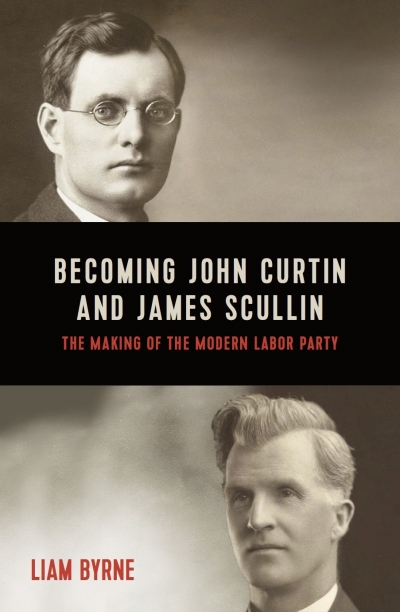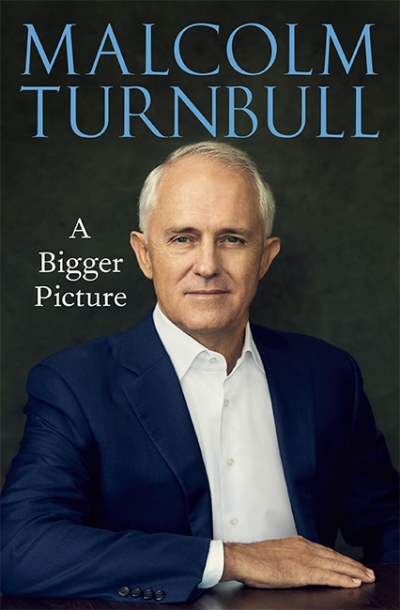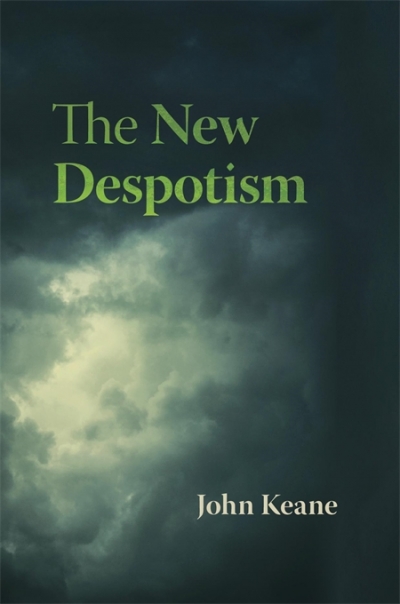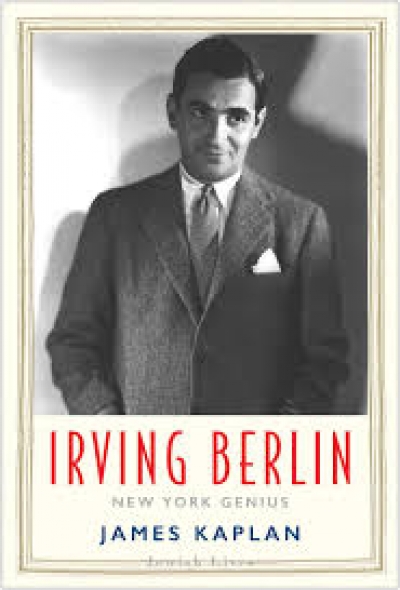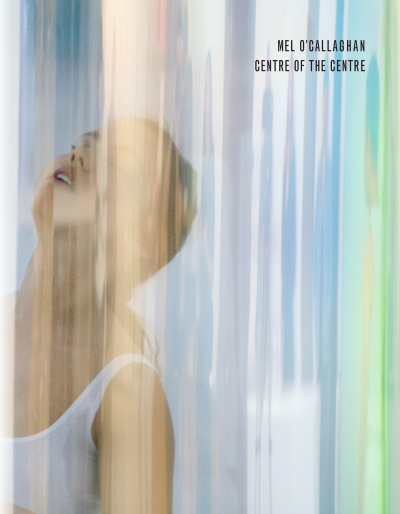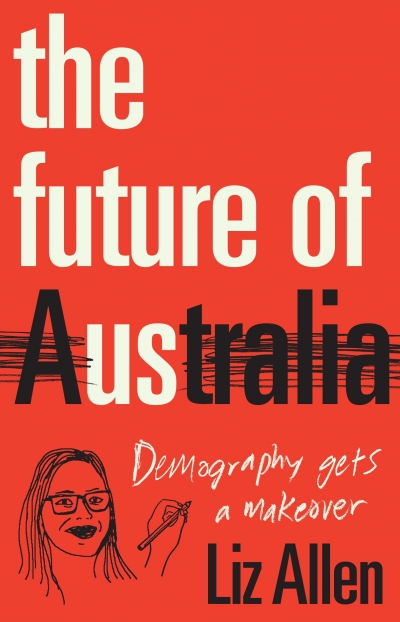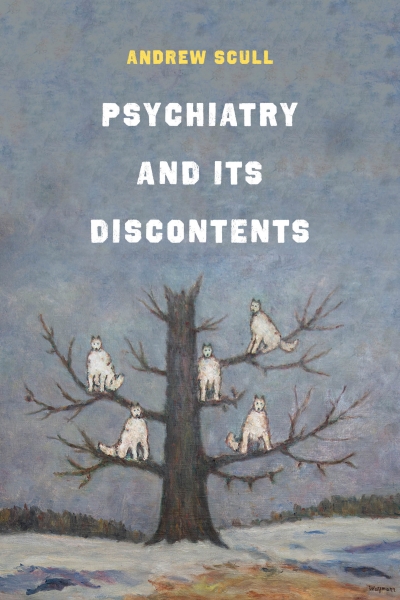Non Fiction
The Trials of Portnoy: How Penguin brought down Australia’s censorship system by Patrick Mullins
by James Ley •
Law in War: Freedom and restriction in Australia during the Great War by Catherine Bond
by Kieran Pender •
Democratic Adventurer: Graham Berry and the making of Australian politics by Sean Scalmer
by Benjamin T. Jones •
Becoming John Curtin and James Scullin: The making of the modern Labor Party by Liam Byrne
by Frank Bongiorno •
Mel O’Callaghan: Centre of the Centre by Talia Linz and Michelle Newton
by Julie Ewington •

